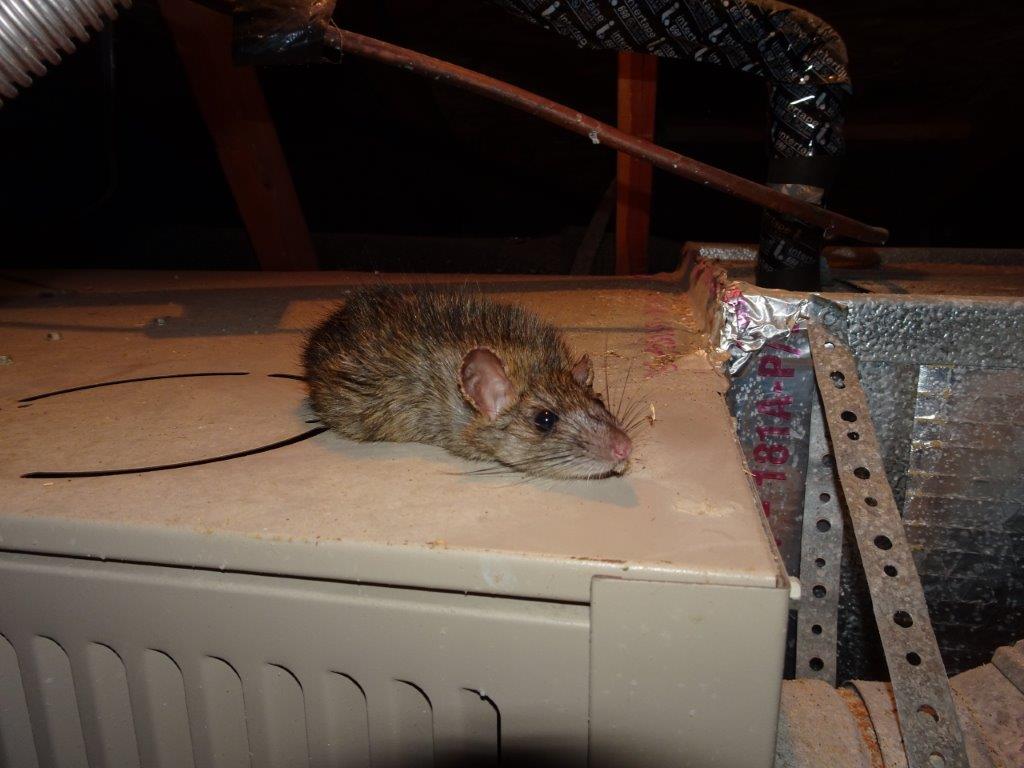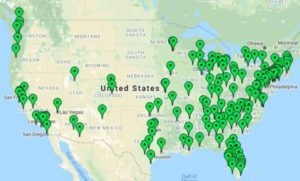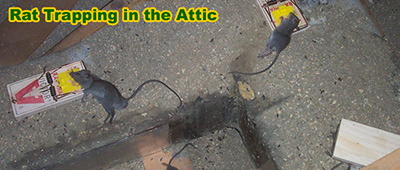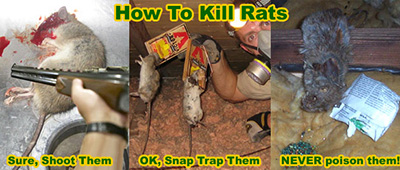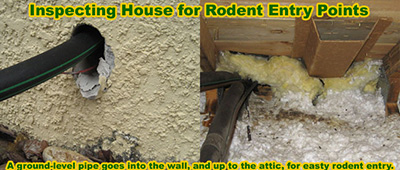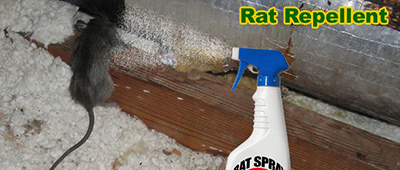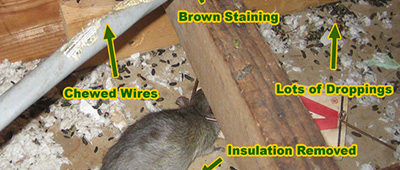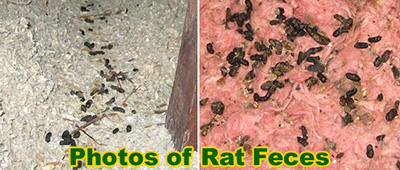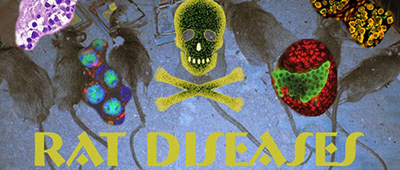You'll need to figure out what kind of rodent you have in your house before you go about setting traps
and suchlike. When you're dealing with a rodent infestation, the process of getting rid of them is pretty
much exactly the same - you will need to locate the source of animal (where it is getting into your house) and
then seal up that hole, keeping your eyes peeled for any other holes / patches of weakness at the same time. All
of these weak spots will need to be repaired / reinforced, and the holes will need to be sealed with the appropriate
materials to keep the rodent at bay. Rats, for example, can chew through most materials. Mice aren't quite so extensive
in the damage that they can cause.

At the same time, rat traps are much larger than mouse traps. The trap could probably go off around the mouse and, aside from being somewhat startled, it could probably still remain unharmed. We're sure this is not the response you were going for. You should take a peek at the evidence that you have of your rodent infestation. This will usually be things such as noises in the middle of the night, grease stains, urine patches, and maybe even droppings. The droppings are often one of the biggest giveaways too. Mouse feces are only a couple of millimeters long, whereas rat droppings are much larger, usually up to a couple of centimeters long. There will usually be more mouse droppings than rat droppings too. The average mouse will leave you somewhere in the region of 80 droppings daily, whereas rats produce larger feces less frequently, only around 40 droppings per day.
So, in short, rat droppings are larger and in lesser quantities, whereas mouse droppings are smaller and often in plentiful quantities. The tracks that the animals leave behind will also give you a good idea of what you're sharing your home with. Rats are larger animals. They sit quite low to the ground, and they have tails that are no only just as long as their body, and in some cases even longer, but that slide along the floor. If you were to sprinkle some flour around the floor, close to the walls, rat tracks would be larger rat paw prints alongside a dragging trail - the body and the tail of the rat. Mouse prints, on the other hand, are going to be much smaller. their paws are much smaller to start with, and they aren't as heavy or close to the ground. Their tails are also thinner and lighter, giving you less of that dragging and trailing sign.
If you don't know what rodent you have, or you can't easily find out, we would also suggest that you call in professional rodent removal experts. If you have rats, they will be creating serious damage and destruction in your home that you will need to pay to repair. The sooner you get this rodent problem resolved, the less damage there will be, and the less you will need to pay out for.
Go back to the Rats in the Attic home page.
How to Tell if You have a Rat or a Mouse?
